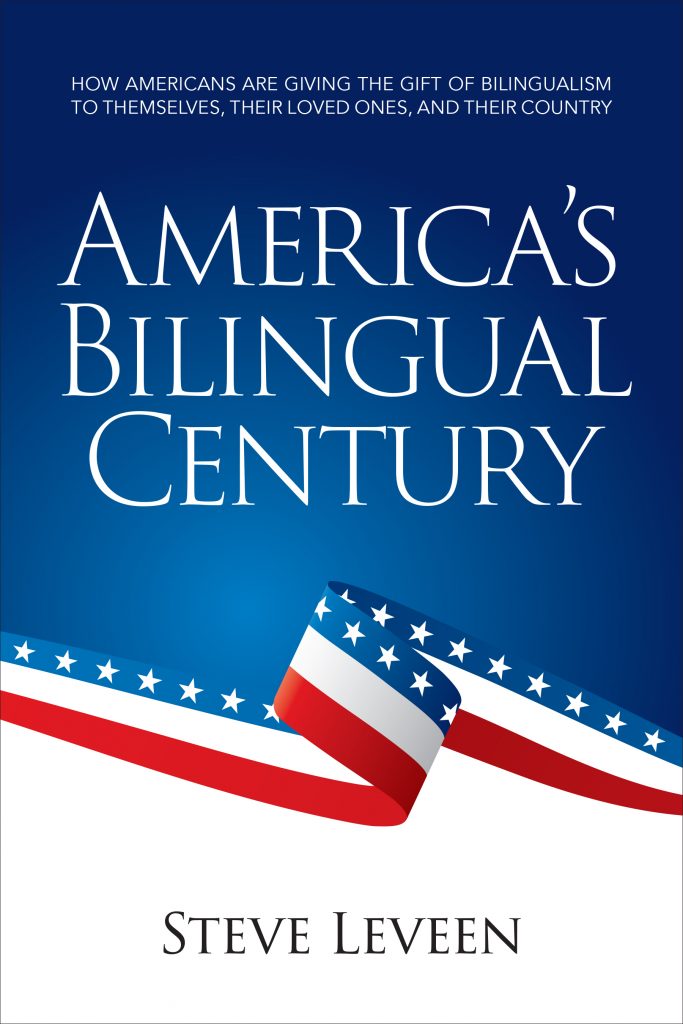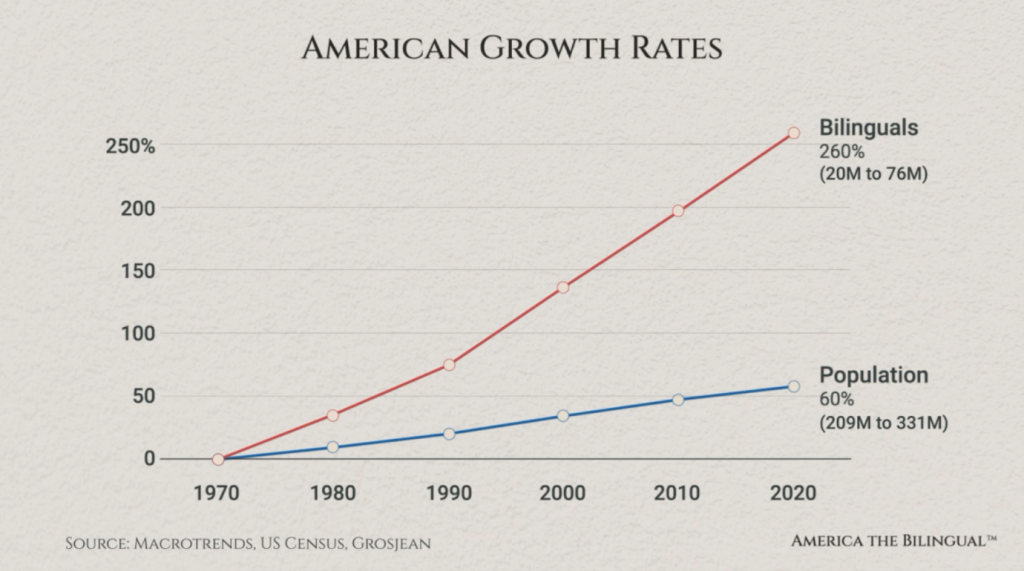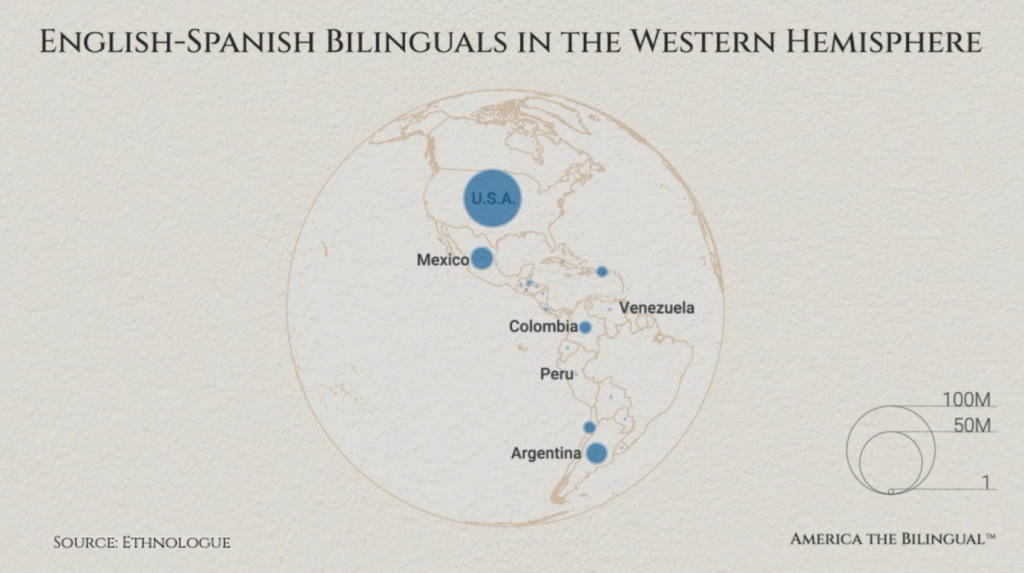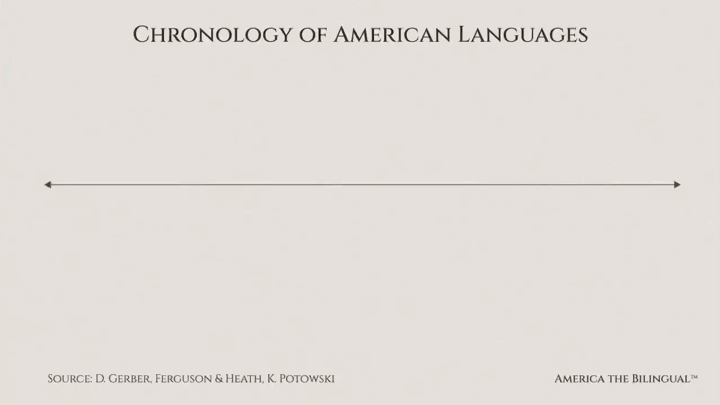
Once Corey and Katie were married, their fathers shared the title of consuegros, while their mothers shared consuegras
Six More Spanish Words English Should Adopt
by Steve Leveen
English is already well seasoned with Spanish. Not just place names like Colorado and Florida, and not just food words like tacos and enchiladas, but also nouns so firmly established in English that we need no synonyms—nouns like canyon, silo, plaza and rodeo. Yet we could use some more—specifically, six more Spanish words that may serve to strengthen family ties, and for which no English equivalents exist.
There’s a name for us
I encountered the first of these family-member words from author Joseph Keenan in his book, Breaking Out of Beginner’s Spanish, which I recently discovered. The words are consuegro for men, and consuegra for women. To see how Spanish speakers use these words, let’s attend a wedding.
At the very moment the couple is pronounced husband and wife, their two fathers become fathers-in-law and their two mothers, mothers-in-law. In Spanish, father-in-law is suegro and mother-in-law is suegra. So far, so good. These are just different words for something that English describes perfectly well, if a bit more wordily. But where Spanish steps beyond English is in recognizing the shared relationship among these four in-laws. They become consuegros and consuegras, terms signifying their own union in the newly expanded family.
Lori and I reveled in just such a wedding last fall when our younger son, Corey Leveen, married the lovely Katie Williamson. Her father is Steve Williamson, and he and I enjoy one another’s company.
So now when I spot Steve at a family gathering, I can step toward him with a big smile on my face and say, “¡Consuegro! ¿Como estás?”
If I were to do this in English, I would have to say, “Father-in-law of my son! How are you?”
Or I could exclaim, “Father of my daughter-in-law! How are you?”
Of course, nobody would say such things. I would just say, “Steve! How are you?” And he would say the same to me. In English, our family relationship remains unnamed, and therefore something a bit vague. English lets me down, not helping me express my affection for this affable father of my daughter-in-law in one dedicated word.
But in Spanish, our relationship is stamped and coined. It is legal tender with a name of its own. Other family members can say, “There go those funny consuegros! They sure do enjoy their Kentucky bourbons….”
And our family gathering is just starting.
Replacing law with love
Years ago Bob Gidley married Lynn Granger; a year later I married her sister, Lori. Bob and I have a warm relationship, having shared in-laws, holiday meals and Super Bowls for decades. But what, exactly, is Bob to me? What am I to him? English is a deer in the headlights on this one, too. “Well,” I have to explain, “Bob is the husband of my sister-in-law.” Or “He’s my wife’s brother-in-law.” In contrast to this anguished English, Spanish leaps in with one word: Bob is my concuño.
In Spanish, brother-in-law is cuñado and sister-in-law is cuñada. The husband of my cuñada is my concuñado or, more simply, my concuño–a harmonious three-syllable word that rings with affection.
I also am blessed with two concuñas, Karen and Diana, who are married to my brothers-in-law, Eric and Bryan. At our recent family gathering, I explained these terms to Bob, Karen and Diana, and they all three lit up. We laughed. We hugged. We felt acknowledged, affirmed, more like members-in-full of our extended family.
While these familial terms were new to me, our word maven at America the Bilingual, Mim Harrison, tracked them back to Latin. Consuegro, for example, is from the Latin consocer, which one Latin dictionary defines as “a designation of the fathers and mothers of a married pair.”
Parents under God
Since this is a big family gathering we’re imagining, we’ve also invited the godparents of our children. In Spanish, godfather is padrino and godmother is madrina. So far so good, just different names for a familiar concept. But how do we introduce these people to others at the gathering? In English, we must present these special people as, “our son’s godfather,” or “the godmother of our daughter Ellen.” In Spanish, once again, these important people have the honor of their own name. For men it is compadre and for women, comadre.
You may well have heard compadre before, as it is used to refer to a good buddy—like amigo, but even stronger. But its first definition is “godfather of my child.” These people share the responsibility of being parents, if not legally, then morally. Spanish speakers sometimes shorten compadre to the even more affectionate compa.
Does it matter to have such names?
When it comes to family relationships, Spanish has names for what in English is unnamed. Does it matter? Might these family terms help strengthen family relationships?
That question is part of the ongoing debate over whether language shapes thought, which linguists have argued about for a century or more. Current consensus is: Well, language can influence thought, but only in trivial ways. Clearly, English speakers can enjoy close family relationships with all of these relatives, despite lacking specific terms for them.
Yet when Karen and I now meet, we embrace while I exclaim loudly and slowly ¡Con…cu…ña! And Karen responds in the same style with, ¡Con…cu…ño! We laugh.
I invite you to try these six Spanish terms with your own family and see what happens. If they catch on, we could add these smile-provoking family words to the hundreds of Spanish words English speakers already use. Spanish is inviting its English cousin to the fiesta, because it’s a mixer, and after all, mi casa es tu casa.
____________
Steve Leveen is the founder of the America the Bilingual Project and the author of America’s Bilingual Century: How Americans Are Giving the Gift of Bilingualism to Themselves, Their Loved Ones, and Their Country.




 You can book Steve for many different audiences
You can book Steve for many different audiences








 First, know that she has one of those glorious English accents (or what all of us who are not English would call an accent), which makes her a natural for the audio book narration that she does. Although U.S. born, Caroline grew up in England and studied literature at the University of Warwick (fyi for American ears: that second “w” is silent).
First, know that she has one of those glorious English accents (or what all of us who are not English would call an accent), which makes her a natural for the audio book narration that she does. Although U.S. born, Caroline grew up in England and studied literature at the University of Warwick (fyi for American ears: that second “w” is silent).




Leave A Comment